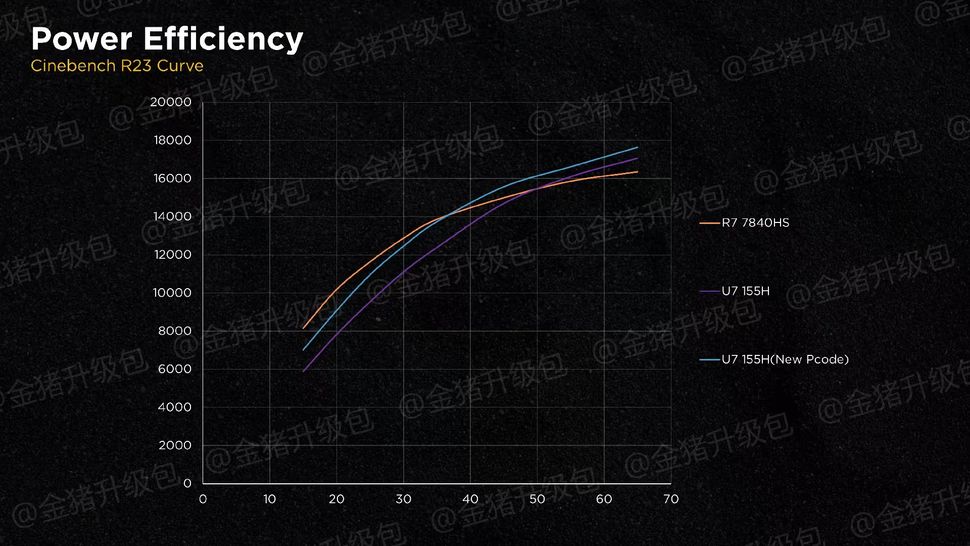Phoronix: From Whiskey Lake To Meteor Lake: The Intel CPU Linux Performance Evolution
Yesterday I ran through a number of benchmarks looking at how the Intel integrated graphics have evolved from the Gen9/Skylake era through the new Meteor Lake CPUs with integrated Arc Graphics. While carrying out those graphics tests with being infatuated by the performance and power efficiency of Meteor Lake integrated graphics, I also took the opportunity to run 100+ CPU benchmarks on each of these laptop CPUs / Intel mobile processor generations being tested. Here's that look at the Intel CPU performance and power efficiency comparison from Whiskey Lake to Meteor Lake.
Yesterday I ran through a number of benchmarks looking at how the Intel integrated graphics have evolved from the Gen9/Skylake era through the new Meteor Lake CPUs with integrated Arc Graphics. While carrying out those graphics tests with being infatuated by the performance and power efficiency of Meteor Lake integrated graphics, I also took the opportunity to run 100+ CPU benchmarks on each of these laptop CPUs / Intel mobile processor generations being tested. Here's that look at the Intel CPU performance and power efficiency comparison from Whiskey Lake to Meteor Lake.





Comment